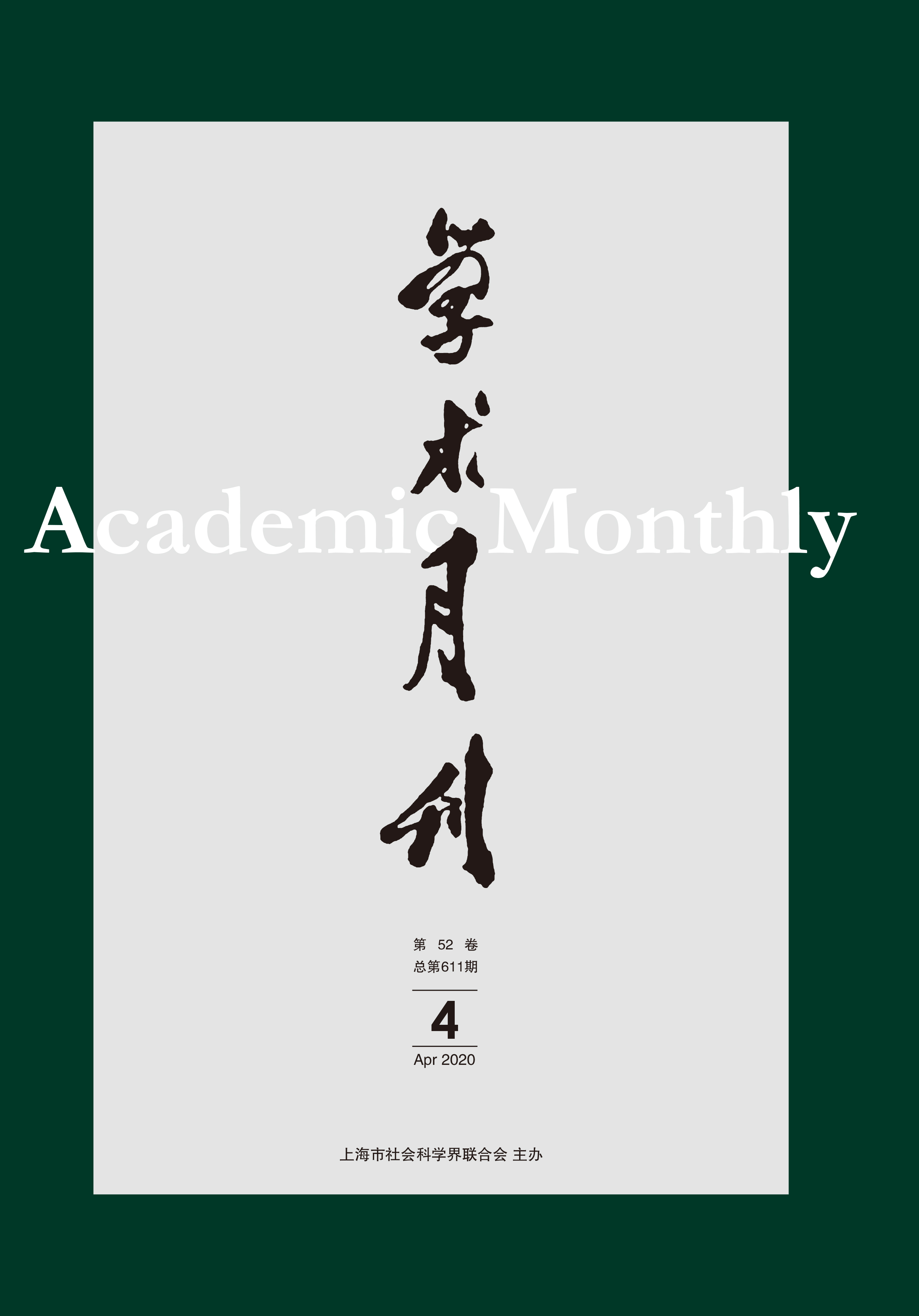Citation:
Liyu WU. “Should Monks and Taoists Make Obeisant to the Emperor and Clansman”: The Controversy Related to the Compilation of Longshuo Regulation in Reign of the Emperor Gaozong[J]. Academic Monthly, 2020, 52(4): 154-168, 184.

“Should Monks and Taoists Make Obeisant to the Emperor and Clansman”: The Controversy Related to the Compilation of Longshuo Regulation in Reign of the Emperor Gaozong
-
Abstract
This article discusses the controversy on “should monks and taoists make obeisant to the emperor and clansman”, which occurred in the second year of Longshuo Reign of the Emperor Gaozong. Although previous researchers had pointed out that it was related to the politics of Emperor Gaozong and Empress Wu Zetian, which reflected the actual conflict between rite and law. However, they did not offer specific examples as proof. This article explains the links between Xianqing Rite (“《显庆礼》”) and the compilation of Longshuo Regulation (“龙朔修格”), as well as the importance of rite and law. Furthermore, the controversy was one of the contents of the reforms of rites and laws in the Longshuo Reign. The controversy reflected that Empress Wu Zetian had been in charge of the political affairs, and taken Buddhist ideas as her support, not only as her family relief, but also in her presidency. In addition, the controversy showed the significance of pursuing the equality of emperor and empress. This article also attempts to further prove the relevance to real politics from the intentions of different participants.
-

-
References
-
Access
-
-
[1]
. . Academic Monthly,
2016, 48(09): 5-7.
-
[2]
ZHANG Zhenguo
. A Study on Daofu Asking for Instructions and Daily Government Affairs in the Qing Dynasty— Also on Instructions Writing and Its Characteristics. Academic Monthly,
2023, 55(5): 202-216.
-
[3]
Wei WANG
, Yajun CHEN
. Controversy over the Concept “Experience”between McDowell and Brandom. Academic Monthly,
2018, 50(11): 28-37.
-
[4]
Hongwei YANG
, Mei DONG
. The Civilizing and Moralizing Policies of General Zuo Zongtang and His Hu’nan Army after the Post-Incidents Settlement in Northwest China. Academic Monthly,
2022, 54(11): 195-206.
-
[5]
DING Weixiang
. “Promoting Virtue” and “Following Knowledge”: The Historical Influence and Significance of the Debate between Zhu Xi and Lu Xiangshan. Academic Monthly,
2023, 55(7): 14-22.
-
[6]
SUN Ming
. The Creation of the Holy King and the Preaching of Confucius— The View of Saints and the Identity of Confucius in the Pre Qin and Han Dynasties. Academic Monthly,
2023, 55(5): 178-201.
-
[7]
Lei LI
. “Xiahou — You Shuo” Historical Narration and Helian Xia’s Regional Integration. Academic Monthly,
2023, 55(3): 177-186.
-
[8]
TAO Dongfeng
. . Academic Monthly,
2018, 50(7): 133-141.
-
[9]
. . Academic Monthly,
2017, 49(09): 39-50.
-
[10]
Guowei SHEN
. Consistency of Spoken and Written Language: On the Modernity of Modern Chinese from the Perspective of Vocabulary. Academic Monthly,
2021, 53(12): 195-205.
-
[11]
. . Academic Monthly,
2017, 49(05): 31-39.
-
[12]
. . Academic Monthly,
2017, 49(01): 76-85.
-
[13]
Feng Yujie
. . Academic Monthly,
2018, 50(5): 138-153.
-
[14]
. . Academic Monthly,
2016, 48(05): 5-12.
-
[15]
. . Academic Monthly,
2017, 49(06): 17-25.
-
-



 沪公网安备 31010102003103号
沪公网安备 31010102003103号 DownLoad:
DownLoad: